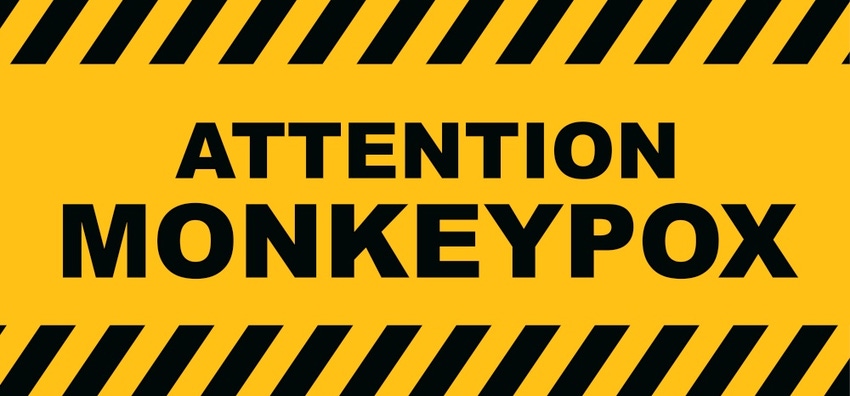Voices of Biotech
Podcast: MilliporeSigma says education vital to creating unbreakable chain for sustainability
MilliporeSigma discusses the importance of people, education, and the benefits of embracing discomfort to bolster sustainability efforts.

Tonix Pharmaceuticals claims that using a smallpox vaccine model could stop the spread of monkeypox.
The technology is being applied to vaccines against COVID-19, smallpox, and monkeypox. According to Seth Lederman, CEO of Tonix, the firm has “recreated a vaccine that we think is similar to what Edward Jenner used” in 1798.
While Lederman told us the undisclosed cell line is “pretty standard” in its technique, TNX-801 is a live virus vaccine based on synthesized horsepox (sHPXV) that it claims may lower toxicity and provide various safety advantages over existing vaccinia-based vaccines.

Image: Stock Photo Secrets
“Molecular techniques synthesize a virus, which is close to what we think [Jenner] used [and] we are growing it for human studies in a bioreactor,” said Lederman. “We think that that is a vaccine that could be widely used and potentially control smallpox in Africa where it is endemic.”
According to Lederman, the human population decided to stop vaccinating against smallpox around the 1970s as many believed it had been eradicated. However, this meant that “monkeypox then crept back into the human population,” as when people were vaccinated, monkeypox was not virulent.
In September 2019, the US Food and Drug Administration (FDA) gave Bavarian Nordic the go ahead to produce and supply the liquid-frozen suspension of its vaccine Jynneos (known as Imvanex in Europe) for smallpox and monkeypox in adults aged 18 years and over. And, in May 2022 the firm said it will supply its smallpox vaccine Imvanex to at least two countries as cases of monkeypox surged in Europe and other parts of the world.
Furthermore, a report from Bloomberg in July said that the firm is gearing up to run production through the night to meet the increasing demand for monkeypox vaccinations.
Tonix said that it is starting in Kenya for various reasons, one being that “the vaccines that are being used in the US and other places are very short supply and the focus now is on using one dose instead of two doses, [which is an] untested idea – another untested idea is to decrease the dose.”
The fact that monkeypox is not a novel virus means that “it does not require a new technology,” says Tonix. It also offers multiple advantages over other modalities like messenger RNA (mRNA).
While Lederman was keen to note that mRNA vaccines were “great in COVID-19,” he said that the important difference between live virus vaccines and mRNA vaccines is that live virus vaccines “provide durable and decades to lifelong immunity and forward transmission for smallpox, but we think potentially for monkeypox.”
While mRNA vaccines tend to be temperature sensitive, Tonix said an advantage of TNX-801 is that it can “use a lot lower dose of the vaccine because ours is a live virus, [meaning] the shipping and transport is much easier for us because live virus vaccines tend to be pretty robust.”
Furthermore, the vaccine does not require a sterile injection for administration. Instead, it can be administered by percutaneous vaccine, which Lederman said is “shown to be deployed in unwelcoming climates and environments.”
Tonix claims that it can “deliver [the vaccine] in a cost-effective manner and provide a lot of value to both recipients populations.”
You May Also Like